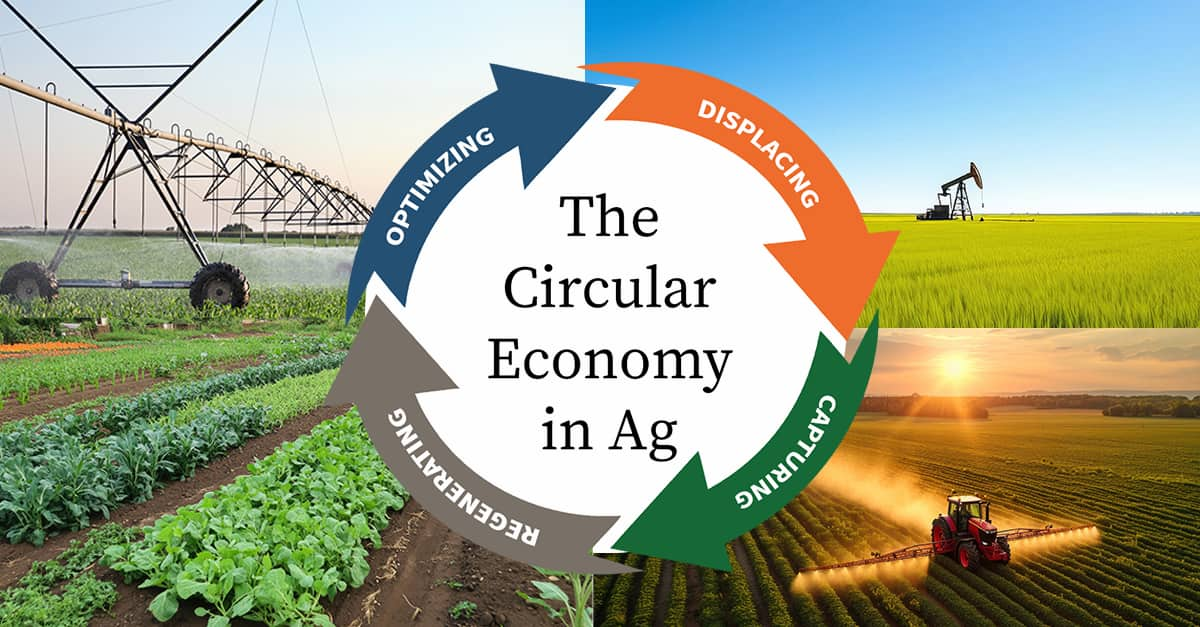Whether in Europe or the U.S., regulatory frameworks are highly structured and codified. However, regulatory systems in Sub-Saharan Africa and the Gulf Cooperation Council (GCC) are less mature but are rapidly evolving and more locally focused. Therefore, entering these markets with innovative biologicals requires more than technical dossiers developed with data generated in the Europe or the U.S. Strategic foresight, local insight and agile stakeholder engagement is more important than ever to bridge innovation gaps in AgTech across EMEA.
Innovation Must Be Tested Where It Will Be Used
Field performance defines the success of new technologies. The lack of credible field performance data contributes to farmers’ hesitancy to try new products and dissatisfaction if they don’t work as expected. This means adapting biological inputs to a wide range of agro-ecologies for example, irrigated tomato fields in Spain, sandy loam soils in Kenya, and saline-prone desert farms in the Gulf. It’s key to understand existing national frameworks; e.g., in Kenya, the national performance trial (NPT) framework offers a model for generating locally relevant data to guide decision-making.
Regulatory Fragmentation Limits Access to Biologicals
Many countries in Africa and the Middle East apply conventional chemical pesticide registration protocols to biopesticides and biostimulants. This can create unnecessary delays and data mismatches. A recent Crop Life Middle East and Africa Position Paper, expressed a critical need for harmonized definitions, adapted data requirements, and fast-track approval pathways within these regions.
Products entering the Middle East region need tailored innovation pipelines. They must address water scarcity, saline soils, and protected agriculture systems such as hydroponics or controlled-environment farming.
Strategic Partnerships
Ecosystem-building is especially important for newer tools such as microbial inputs or RNA-based biopesticides, among others. Local innovation hubs can provide effective platforms to scale innovation.
AgriThority® supports companies in designing modular trials across different environments and analyze results through sophisticated proprietary and dedicated platforms, StatWerx™ and TrialWerx®, to enable evidence-based adaptation. This approach is especially critical in places such as the Middle East, where high-input, capital-intensive systems demand clear performance benchmarks.
Bridges the Science-To-Solution Gap
AgriThority® maintains deep knowledge of global and national frameworks while keeping abreast of evolving frameworks with local connections. AgriThority® works closely with innovators to design regulatory strategies that anticipate and navigate these hurdles early. AgriThority® can also support regulatory bodies and standard agencies within the Gulf in developing tailored frameworks and testing standards or protocols.
AgriThority® can support clients in refining biological formulations to fit different irrigation systems without compromising water chemistry or system integrity.The AgriThority® expert network helps scope out, qualify and establish collaboration channels with local partners who can drive innovation and boost trust with local stakeholders.
Through thorough field programs, regulatory expertise, market entry strategy, and in-region presence, including team members across the Middle East, Africa, and Europe, AgriThority® empowers innovators to navigate complex systems, reduce time-to-market, and deliver practical impact. Reach out to the team to learn more.

Oluwatobi E. Oni (Tobi), Ph.D. MBA


